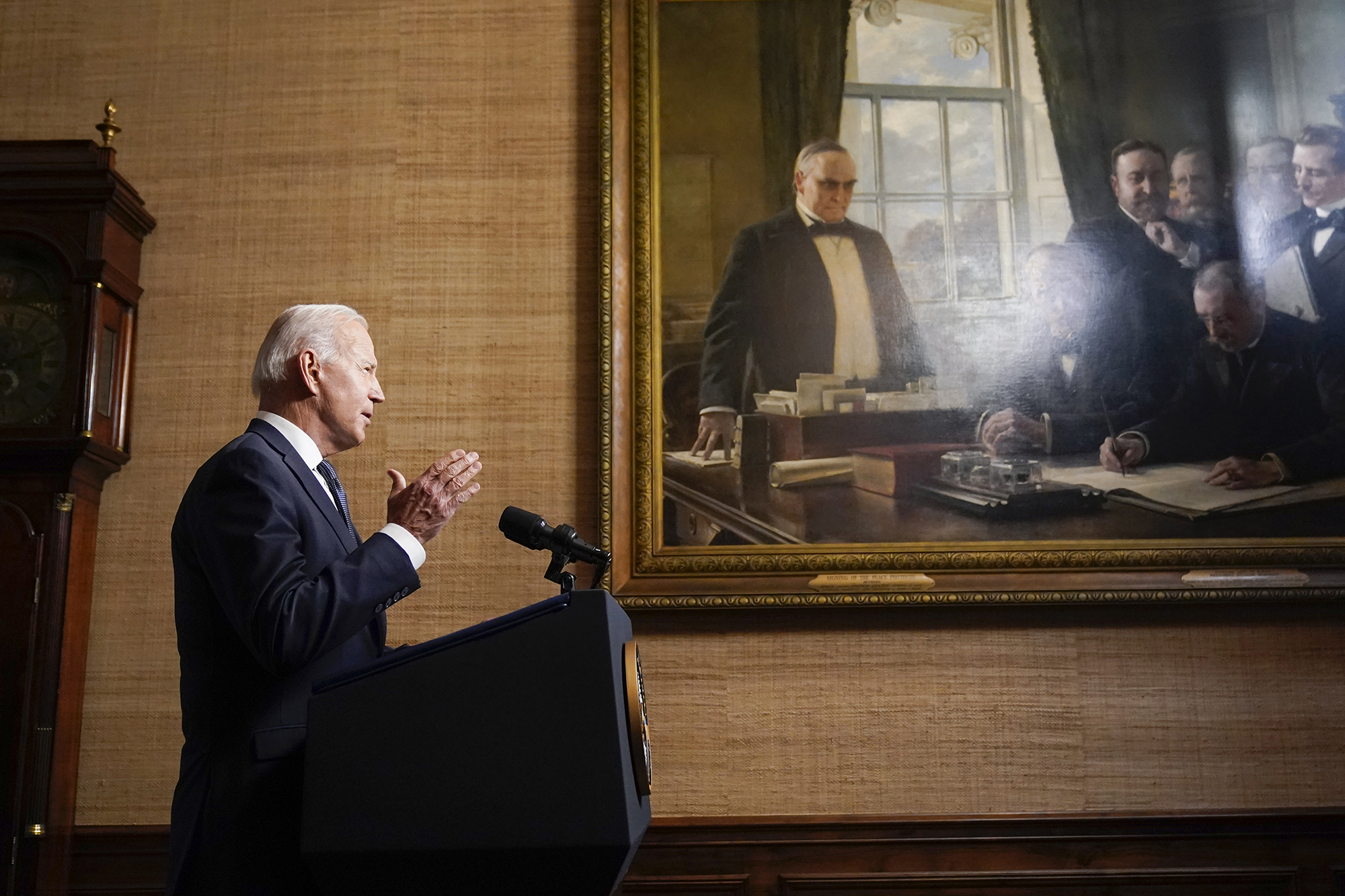After months of internal debate, President Biden announced on April 14 that the U.S. would completely withdraw U.S. forces from Afghanistan by the 20th anniversary of 9/11. News outlets devoted much ink to the revelation that such a decision went against the advice of his senior military advisers, who had argued against full withdrawal. Before giving blind fealty to the opinions of generals and admirals, however, it might be useful to consider their historical track record.
Bottom line up front: it ain’t pretty.
Sen. Lindsey Graham captured the feelings of many in claiming Biden’s decision to end the Afghanistan War was “against sound military advice.” Former commander of U.S. forces in Afghanistan, David Petraeus, said Biden’s decision was a mistake, calling it an “unforced error.” Petraeus, and reportedly many of the nation’s highest ranking four-star flag officers, believe the better choice would have been to continue the war with 3,000 to 5,000 U.S. troops deployed on a permanent basis.
Yet Petraeus was one of the senior ranking officials claiming, as far back as 2012, the war was on the right track and headed in the right direction. But as I detailed in two assessments for Armed Forces Journal bookending my second combat deployment there in 2010-11 (the first published in 2010 and the second in 2012), Petraeus was wrong and we were losing the war. These examples, however, are only the most recent. There is a long history of presidents repudiating the advice of generals and admirals, and we have benefitted from presidential restraint.
It is important to understand what a general is and is not. Our top-ranking officers are expected to be experts in conducting tactical and strategic conflicts. They spend their whole careers studying and often engaging in war. Their primary task is not to find diplomatic solutions, but to devise the best ways to wage wars, deter enemies, and win battles.
There is some truth to the old saying often applied to military leaders that “when you are a hammer, every problem looks like a nail.” Very often, however, fighting a battle — even one we might have a chance to win — is not the wisest course of action.
Seventy years ago this month, President Truman fired the commander of U.S. forces fighting the Korean War, Gen. Douglas MacArthur. Most believed Truman took the action because the general was openly insubordinate. While that no doubt played a role, the primary reason for MacArthur’s release was that Truman rejected the general’s request to expand the war into China. MacArthur only considered the tactical factors of his fight in Korea; Truman had to consider the ramifications to the security of the country. Had Truman given in to the general, the cost to America could have been far worse.
In 1962, President John F. Kennedy, was locked into a serious deadlock with virtually the whole of the Joint Chiefs of Staff in trying to solve a crisis with the USSR. Kennedy’s instincts were to resolve the dispute over Russian missiles on Cuba with diplomacy. Chief of Staff of the Air Force, Gen. Curtis LeMay, argued vehemently for a preemptive strike against the Soviet weapons. Kennedy refused and settled the dispute without war.
What LeMay didn’t know at the time, however, was that the Soviets had operational nuclear weapons on Cuban soil. Had Kennedy given in to LeMay, the USSR would have responded in kind, vaporizing U.S. cities. Kennedy’s refusal to listen to the military’s advice saved millions of American lives and cemented our super-power status.
Though no leader has ever been perfect, more often than not, America benefits when civilian leaders listen to their instincts and go against the advice of top-ranking military leaders. Conversely, deferring to the generals on questions of foreign policy can have dire consequences.
Bush listened to his generals and refused to end either the Afghan or Iraq war. Obama listened to his generals and went back on his pledge to end the Afghan war (and agreed to send troops back into Iraq). Trump three times tried to withdraw from Syria and end the Afghan war, and every time he listened to his senior commanders and refused to end any of the conflicts he inherited.
As has now become painfully clear, the wars in Afghanistan, Iraq, and Syria (as well as numerous other locations in Africa) are unwinnable, do nothing to make our country safer, and have imposed enormous tolls in blood and treasure. Biden was right to end the Afghanistan War and withdraw our troops, regardless of the advice of generals — and he will be able to continue keeping us safe because of our powerful ability to identify, track, and destroy any direct threats to our country, with or without troops on the ground.
Daniel L. Davis is a senior fellow for defense priorities and a former lieutenant colonel in the U.S. Army who deployed into combat zones four times. He is the author of “The Eleventh Hour in 2020 America.” Follow him @DanielLDavis1.
Editor’s note: This is an op-ed and as such, the opinions expressed are those of the author. If you would like to respond, or have an editorial of your own you would like to submit, please contact Military Times managing editor Howard Altman, haltman@militarytimes.com.





